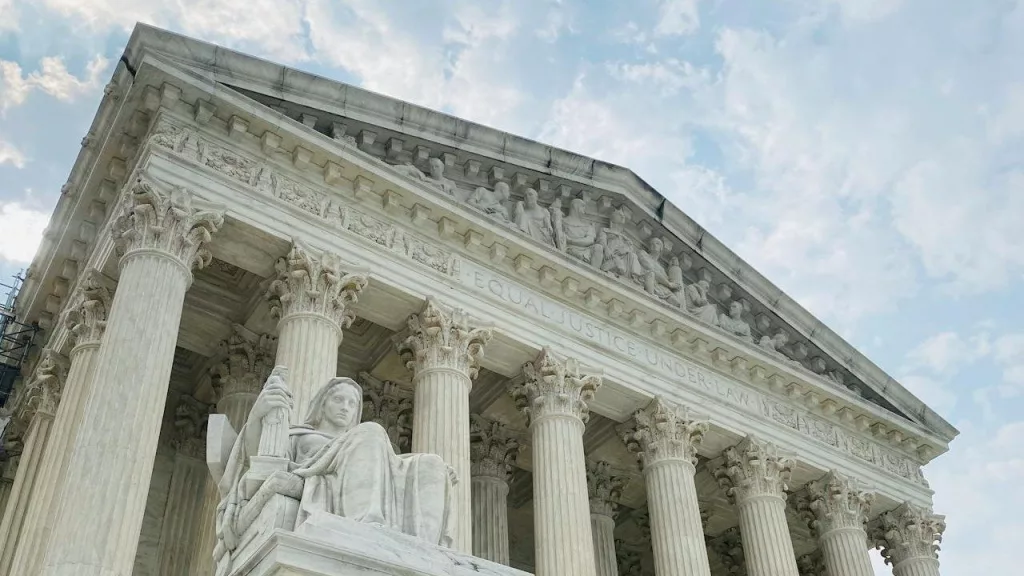WASHINGTON, D.C. – Employers offering health insurance are required to cover certain preventative care services at no cost under the Affordable Care Act, but the U.S. Supreme Court is hearing oral arguments Monday in a case that could overturn that mandate.
The five-year case, Kennedy v. Braidwood Management, involves a group of individuals and small businesses in Texas who hold religious objections to the ACA preventive coverage mandate because it includes coverage of PrEP, a medication that helps prevent HIV in individuals engaging in sex or injection drug use.
While the original case includes the argument that the mandate violates the Religious Freedom Restoration Act, SCOTUS is only considering the claim that any requirements set by the United States Preventive Services Task Force (USPSTF) are unconstitutional.
USPSTF, a 16-member panel staffed by the Health and Human Services secretary, sets recommendations for which preventative tests, screenings and medicines any insurance plans meeting ACA requirements must include.
Plaintiffs argue that USPSTF has no authority to do so since it violates the U.S. Constitution’s Appointments Clause, which says that “Officers of the United States” must be nominated by the president or confirmed by the Senate.
The 5th U.S. Circuit Court of Appeals sided with the plaintiffs on this claim in 2024, but ruled that a nationwide remedy was improper. The Cato Institute recently filed an amicus brief urging the Supreme Court to affirm the Fifth Circuit’s ruling.
“Because USPSTF recommendations are binding on private insurers and unreviewable by a higher-ranking executive officer answerable to the President, USPSTF members are principal officers whose present mode of appointment by the HHS Secretary is unlawful,” Cato Institute said in a statement.
But the Trump administration argues that the USPSTF, under the oversight of the Senate-confirmed HHS secretary, does have constitutional authority to issue recommendations.
Other parties oppose the plaintiffs on the grounds that overturning preventative care mandates issued by USPSTF since the ACA’s enactment will have devastating consequences for the 150 million people a positive ruling could affect.
“This case is about a group of activists who are trying to insert politics in a realm where medicine should decide what our care should be,” Jose Abrigo, senior attorney for Lambda Legal, an organization involved in civil rights litigation for LGBT and HIV positive individuals, said.
If the Supreme Court rules in favor of Braidwood Management, private health insurance plans could begin charging deductibles for multiple other preventative care services currently mandated by USPSTF, including lung and colorectal cancer screenings and breast cancer prevention medication.
This article was written by Thérèse Boudreaux, originally published by The Center Square. It is republished here with permission.
